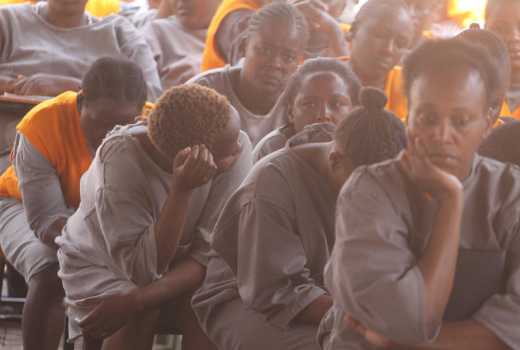×
The Standard e-Paper
Stay Informed, Even Offline

It is almost four years since the police forced their way into Pauline Elizabeth Njeri Mbugua’s office in South B, Nairobi, and handcuffed her.
Njeri, 59, has not been free since. On that fateful day, she was booked at Lang’ata Women’s Prison remand section, pending hearing of charges drawn against her.